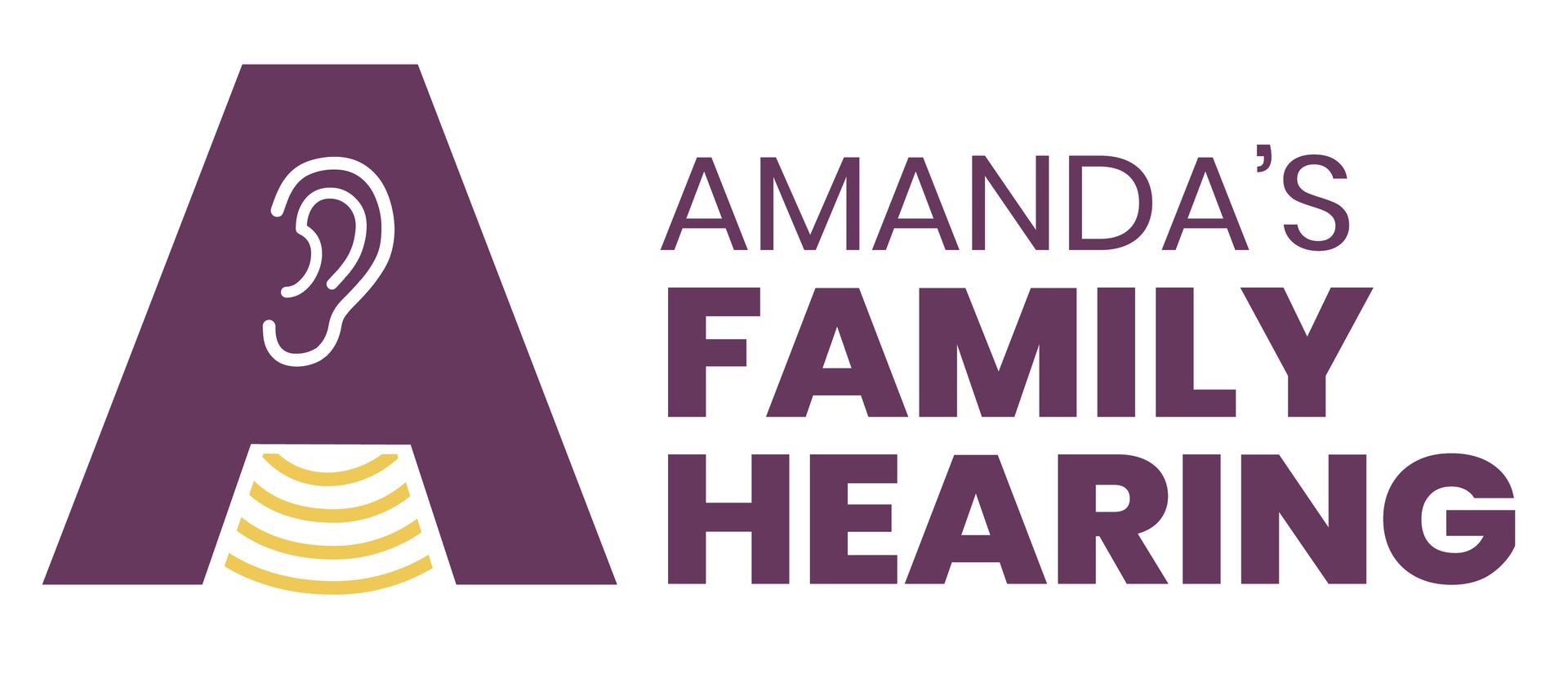Protecting your Hearing is Vital
PROTECTING YOUR SENSE OF HEARING IS VITAL, THAT’S WHY DR. AMANDA BARBUR, OF AMANDA’S FAMILY HEARING, OFFERS THESE TIPS, TRICKS AND DEVICES TO HELP YOU DO JUST THAT
After becoming an audiologist, and for years working at the former MaryAnn’s Family Hearing, Dr. Amanda Barbur purchased the practice in 2020 and it became Amanda’s Family Hearing. “I chose to be in private practice so I can treat each individual the way I feel is most appropriate,” she says. “Being a smaller practice also allows us to give each patient the time and attention they need and deserve, and really get to know them and their needs. We love that our relationships with patients are life-long and enriching.”
Protecting this Precious Sense
Dr. Barbur explains preventing damage to your hearing is something everyone can do. How loud is too loud?
“Exposure to noises above 85 decibels (the sound of an idling bulldozer) for a prolonged period can produce NIHL, or noise-induced hearing loss,” she says. “If you’re listening to music through earphones and someone can hear your music from an arm’s length away or more, it’s too loud.”
For some people the hearing can return afterward, but with each recurring exposure, it may bounce back less and less, often becoming permanent and irreparable.
Dangerous levels of sound can come from places like rock concerts or noisy workplaces. The good news is damage is preventable. Along with fellow audiologist Dr. Kevin Burkitt, Dr. Barbur can take an impression of a patient’s ear for the best-fit custom molded earplugs.
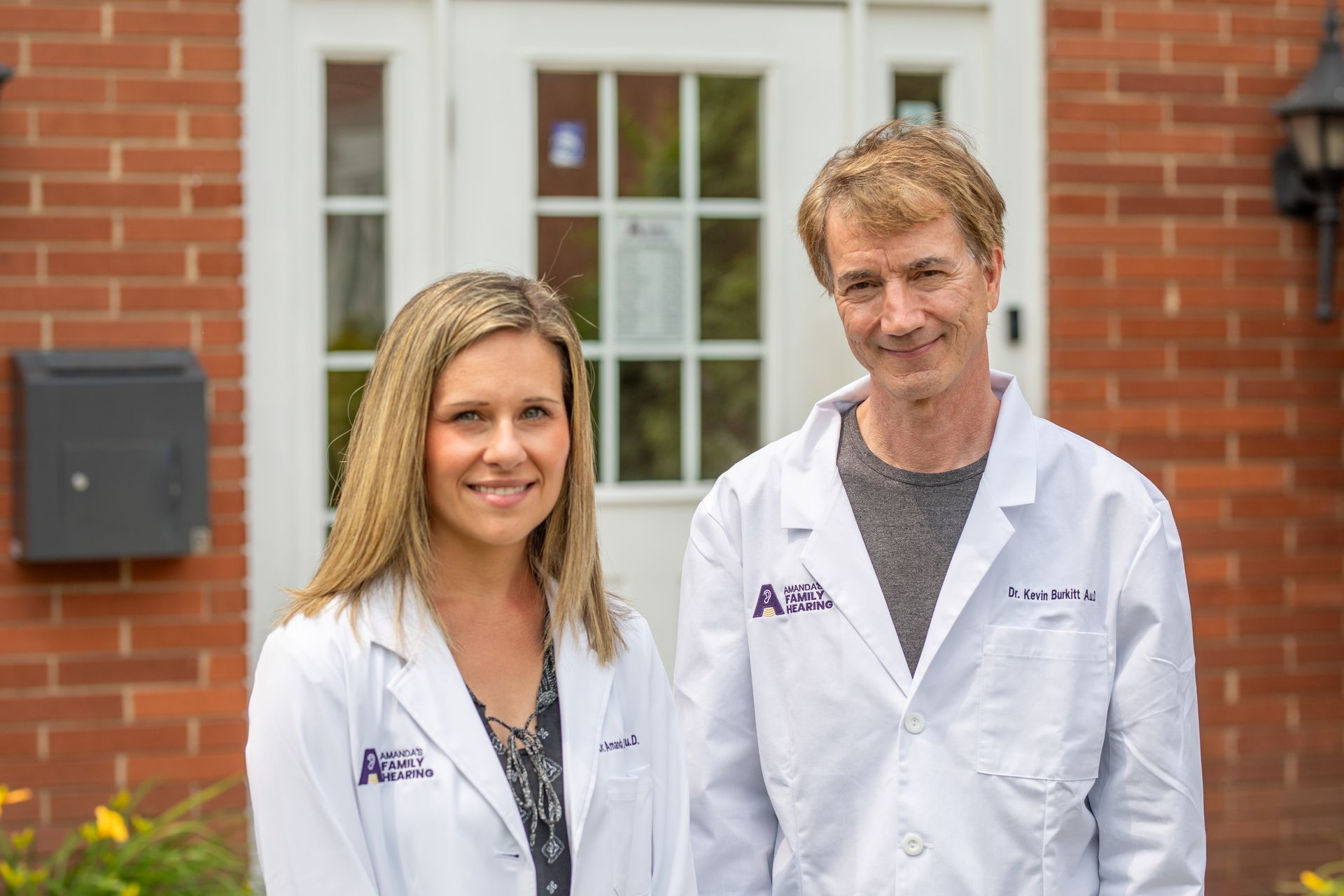
“There’s a night-and-day difference in terms of effectiveness and sophistication between generic and custom-molded earplugs,” she says.
She reports they work with highly specialized products suited to the noise. For instance, for patients who are hunters or shooters, they offer a smart product that reduces the loud gunshot sound yet allows them to hear safe sounds and conversation.
Swimmers can benefit from custom-molded earplugs if they have a history of ear infections or “swimmer’s ear.”
For musicians, they offer plugs with special filters to allow minimal change in sound quality so that music is still enjoyable yet safe. “Recently, I am seeing more and more band students purchasing these plugs, which I think is wonderful.” she says. “Being a musician myself throughout most of my student life, and now a current hearing aid user, I can really appreciate these kids and their parents taking the initiative to save their hearing.”
Why Testing Matters
Though there are a myriad of reasons you could be suffering from hearing loss, Dr. Barbur points out there’s only one proper way to get a diagnosis: an evaluation by a licensed audiologist.
“Unfortunately, hearing loss could be caused by many different factors, such as ear wax buildup, or it can be related to other serious conditions such as acoustic tumors or middle ear pathologies,” she says. “People who self-diagnose their loss as ‘just part of getting old’ and go out and buy one-size-fits-all hearing aids could be putting themselves in harm’s way and missing a more serious issue. More often than not, over-the-counter hearing aids are inadequate and improperly self-fit leading to disappointment, wasted money, and further deterioration of the ability to communicate with others.”
She says people often ask her at what age they should have a baseline hearing test, and her answer is any age.
“The sooner we find out what’s going on, the better the outcomes,” she says. “Hearing loss unchecked can lead to falls, social isolation, depression and even early-onset dementia. Most times, hearing loss is so gradual it’s difficult to detect. It’s usually the people around you who notice first.”
At the first visit, they begin by getting to know the patient and learning about their medical history and activities, then through an exam they use an otoscope or video otoscope to inspect the ears to look for obstructions or any other abnormalities in the ear canal. Next, they perform a hearing test to assess the type and extent of impairment and recommend the best course of treatment.
Dr. Barbur and her staff are passionate about education. You’ll find them participating in all sorts of community events and health fairs, like Senior Day at Great Lakes Mall and visiting senior care facilities throughout Lake County.
“Our mission has always been to serve this community,” she says. “Come hear with us.”
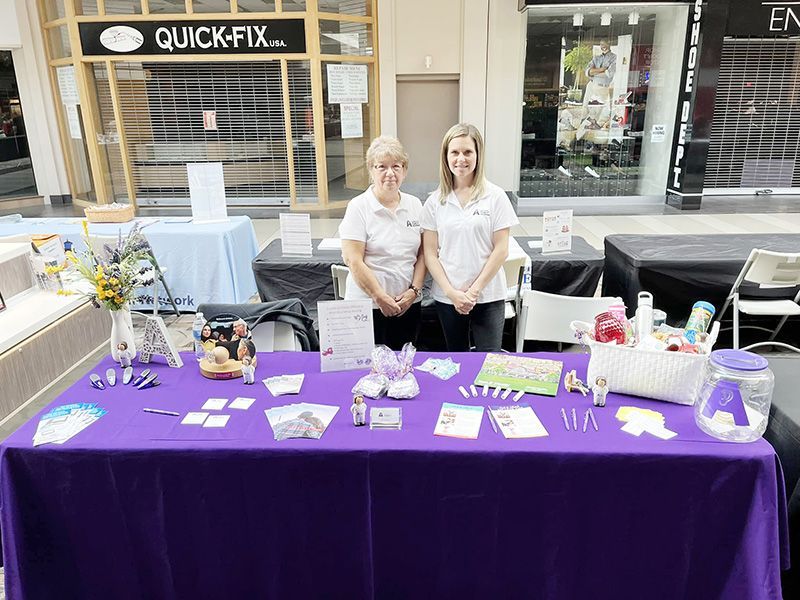
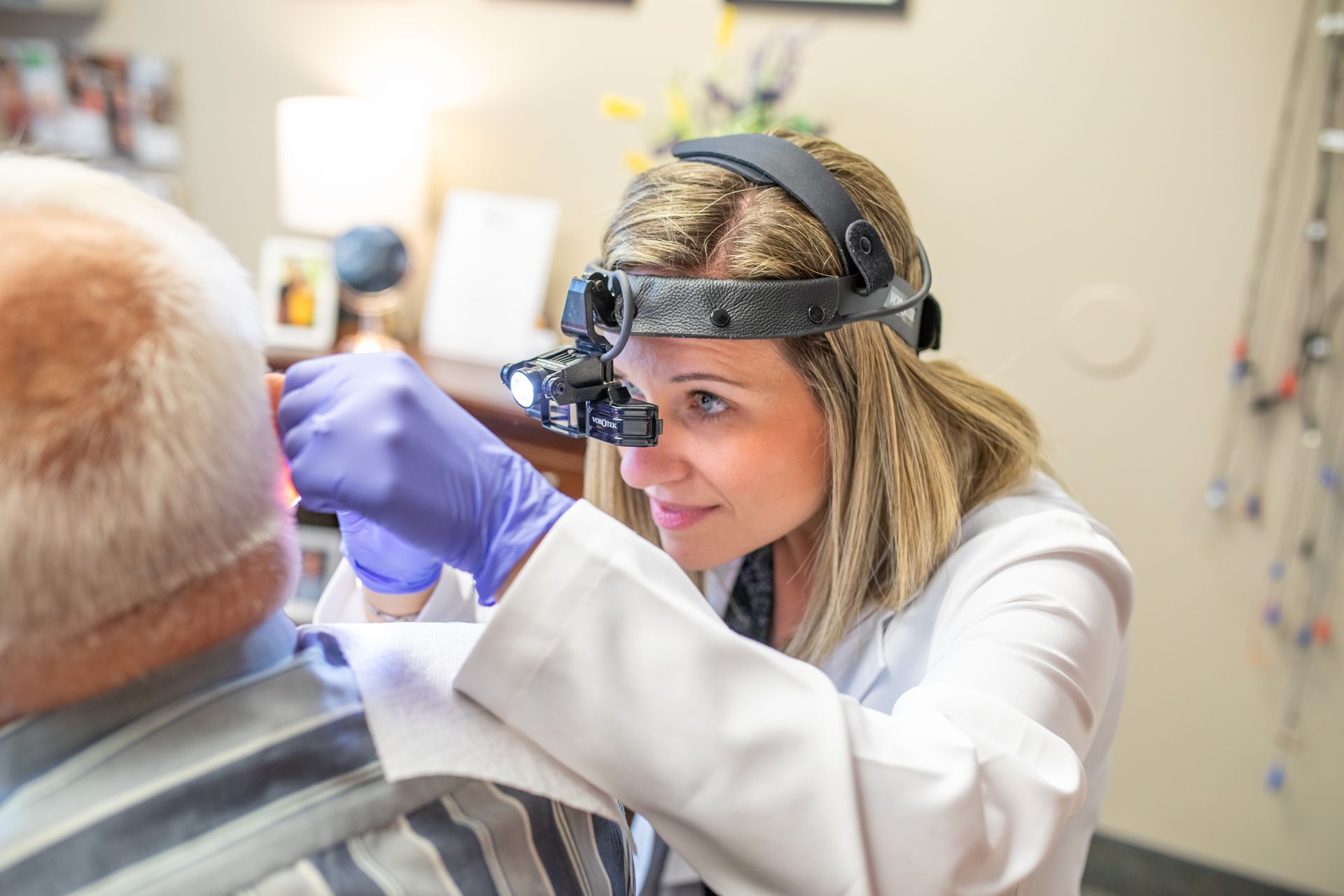


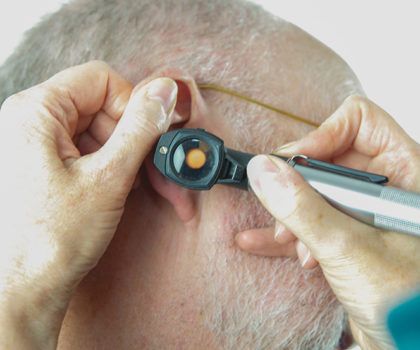


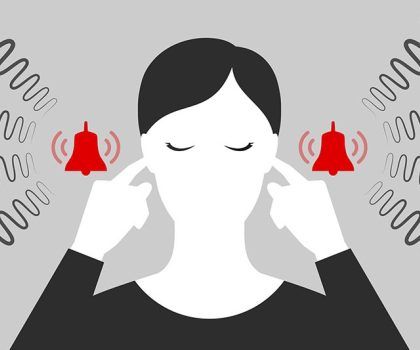

Hours
- Mon - Fri
- -
- Sat - Sun
- Closed
Quick links
Services
Hours
- Mon - Fri
- -
- Sat - Sun
- Closed
Evenings available by appointment only (5pm-7pm)
All Rights Reserved | Amanda's Family Hearing | This site is powered by Bluefoot


